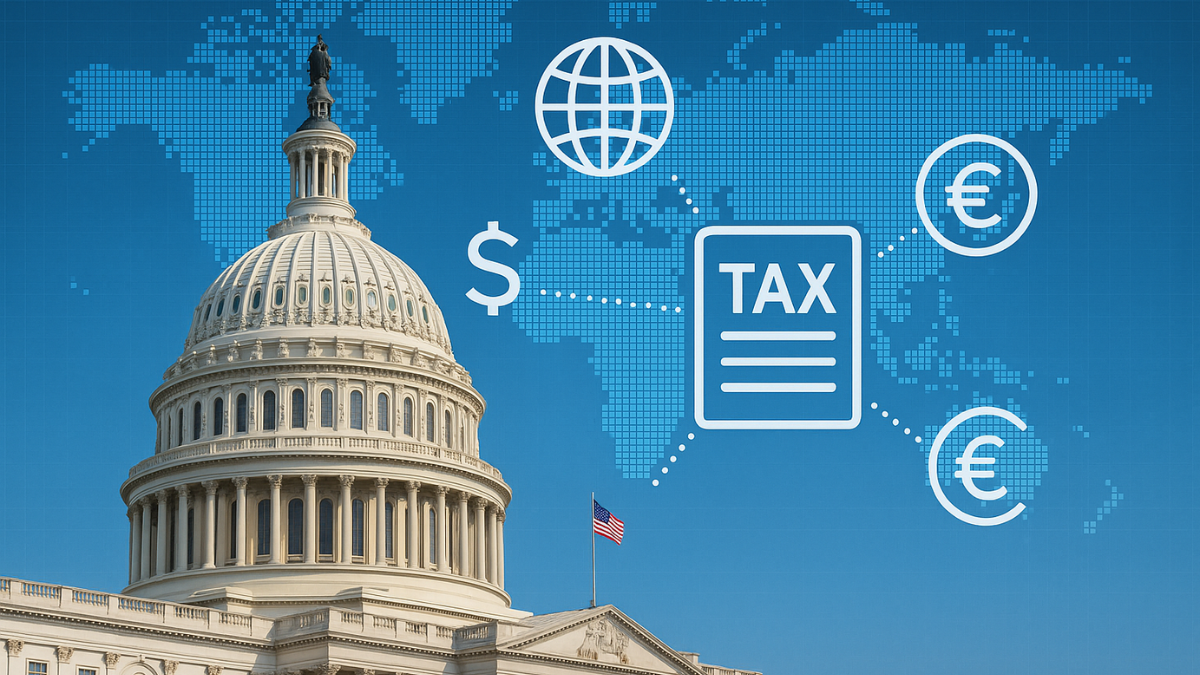Resources
Resources
We Make it Easier to Answer the Tough Questions

FEATURED NEWS
Beginning October 1, 2025, Washington State expands its sales tax rules to cover more services, especially digital, IT, staffing, and security. Professional services like accounting, legal, engineering, and healthcare remain exempt. Learn what’s changing and how to prepare your business for compliance under Senate Bill 5814.
READ MOREThe One Big Beautiful Bill Act reshapes tax planning with new deductions and business incentives. Learn how bonus depreciation, QBI, and global tax updates affect your operations—and where your advisors can help you take advantage.
READ MOREThe One Big Beautiful Bill brings sweeping tax reforms for 2025 and beyond. From permanent individual rate changes to expanded business deductions and phased-out clean energy credits, this detailed breakdown helps individuals, families, and businesses understand what’s changing—and how to plan for it.
READ MOREBeginning October 1, 2025, Washington State expands its sales tax rules to cover more services, especially digital, IT, staffing, and security. Professional services like accounting, legal, engineering, and healthcare remain exempt. Learn what’s changing and how to prepare your business for compliance under Senate Bill 5814.
READ MOREThe 2025 reconciliation tax bill signed by President Trump introduces sweeping real estate tax changes. Key updates include bonus depreciation, a permanent Section 199A deduction, restored interest expense rules, revised SALT cap thresholds, and new provisions for REITs and condo developers—shaping tax planning strategies across the industry.
READ MOREPresident Trump signed the “One Big Beautiful Bill Act” on July 4, 2025, reshaping U.S. international tax rules. Key changes impact GILTI (renamed NCTI), FDII, BEAT, foreign tax credits, and CFC rules. Effective mostly in 2026, the reforms raise effective tax rates while expanding credit use, requiring careful planning by U.S. multinationals.
READ MOREThe OBBBA raises the SALT deduction cap to $40,000 from 2025–2029, offering high earners in high-tax states short-term opportunities. With income phaseouts and trust limitations, planning is essential. Business owners can benefit further through PTET elections, which remain fully deductible under federal law.
READ MOREThe One Big Beautiful Bill Act reshapes tax planning with new deductions and business incentives. Learn how bonus depreciation, QBI, and global tax updates affect your operations—and where your advisors can help you take advantage.
READ MOREWashington Saves program requires employers without retirement plans to offer auto-IRAs by July 1, 2027. Learn how to comply, avoid penalties, and take advantage of limited-time tax incentives by planning now.
READ MORE Services
Services





